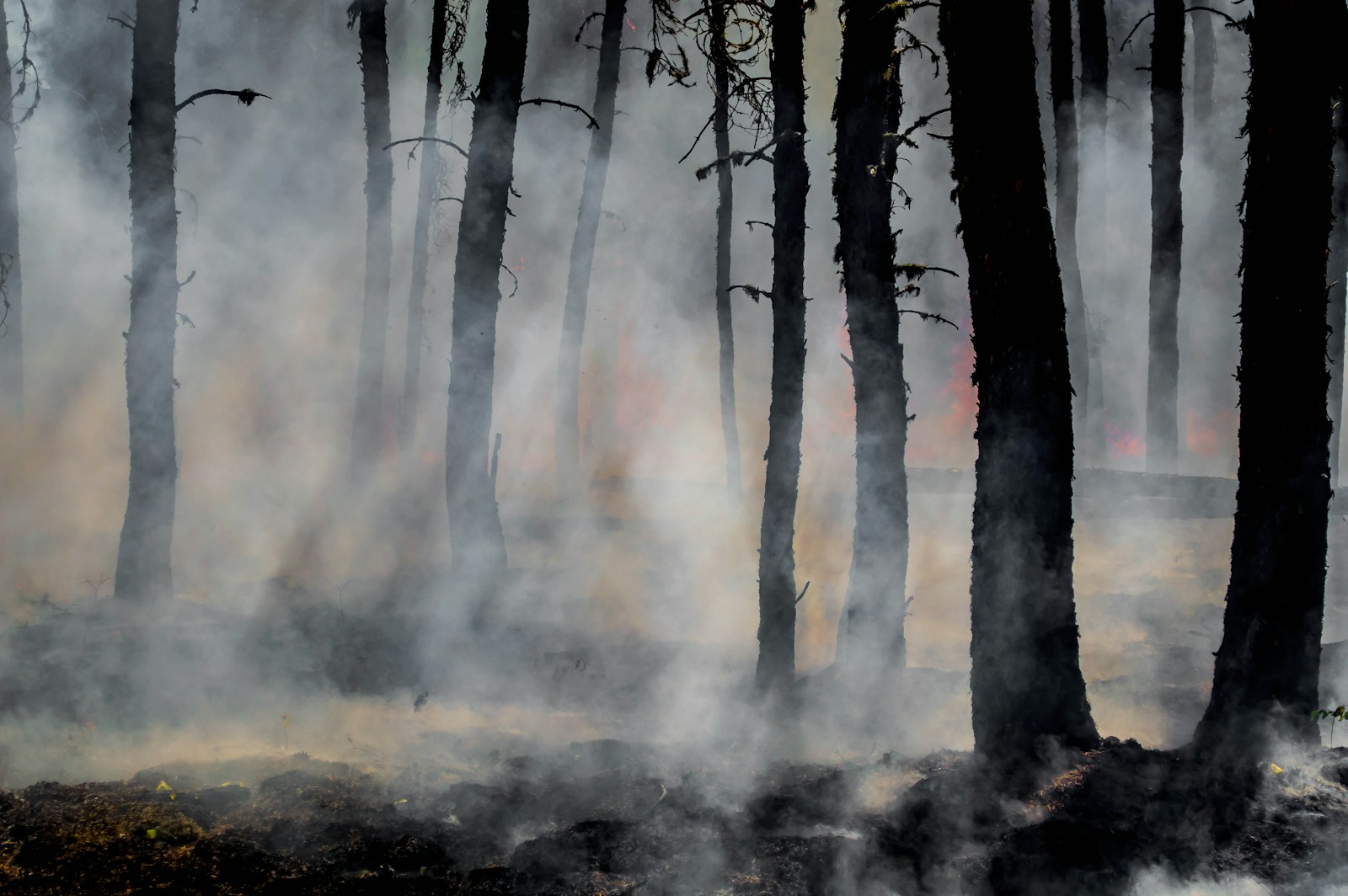❓ What is Poly-B Piping and Where Do I Find It?
Polybutylene (Poly-B) was widely used in residential plumbing systems from the late 1970s through the mid-1990s. The National Plumbing Code of Canada banned Poly B piping in 1997, and the government of Canada officially banned its use in 2005. While it was initially favoured for its cost-effectiveness and ease of installation, it has since been associated with a higher risk of failure due to deterioration over time. Safety and insurance issues make identifying Poly-B piping in your home a priority, especially if you’re planning on buying or selling a property.
🔍 Key Characteristics of Poly-B Piping
Colour: Typically grey, but can also be found in blue, black, white, or silver. Poly-B pipes were often connected using copper, brass, or plastic (acetal) fittings.
Stamping: Often marked with “PB2110,” “CSA-B 137.8,” or similar codes.
Material: Flexible plastic resin, unlike rigid materials like copper or PVC.
Diameter: Commonly ½” to 1” in diameter.
Usage: Exclusively used for water supply lines; not for waste, drain, or vent piping. Some installations may have used copper "stub-outs" (short copper sections) at fixtures, while the main lines are Poly-B.
🏠 Common Locations to Inspect
Interior:
Under sinks and toilets.
Near the water heater.
In unfinished basements or attics.
Behind access panels (such as ceiling tiles) or drywall.
Exterior:
At the main water shut-off valve.
At the water meter.
Where the water line enters the home through the basement wall or floor.
⚠️ I found Poly-B. So what?
Due to the aforementioned increased failure rate of Poly-B, almost every insurer is at this point will not bind a policy on a home with Poly-B plumbing (and the ones that do will charge you an arm and a leg.) Most lenders will not issue mortgages on uninsured properties, so dealing with your Poly-B problem is essentially a must.
🛠️ What Are My Options?
Buying:
If there’s no mention of Poly-B on either the Property Disclosure Statement or a Seller’s Disclosure of Material Latent Defect Form, and you or your home inspector finds some, immediately bring the issue to your real estate agent’s attention so they can negotiate a solution and ensure your ability to close the deal.
Selling:
Poly-B can be an expensive problem to fix. If you don’t have the up-front funds for a full plumbing-overhaul, some insurers will accept the bandaid solution of having a professionally installed water mitigation device. The device must be ULC/CSA approved, have a minimum of 4 water sensors, and a water flow device that will automatically shut water off. The device must also either be centrally monitored, or connected to your cellphone with notifications.
You can also pre-emptively ask for Poly-B remediation quotes from various plumbers, and the buyers and their insurer can ultimately decide how to proceed. You will likely have to either lower your asking price, or pay for the work yourself in order to get the property sold.
Hopefully this information helps! If you have any questions about Poly-B piping or real estate in general, feel free to reach out and I’ll do whatever I can to assist.



